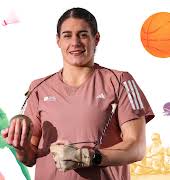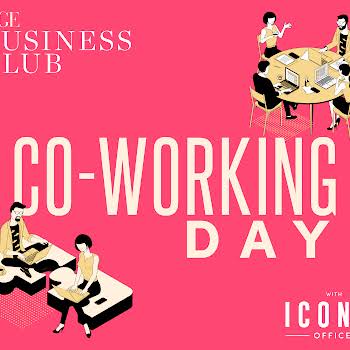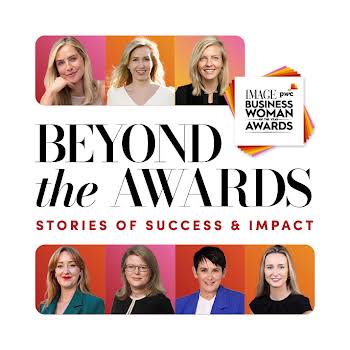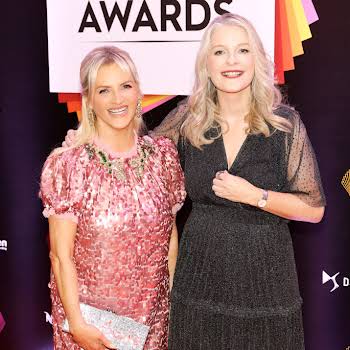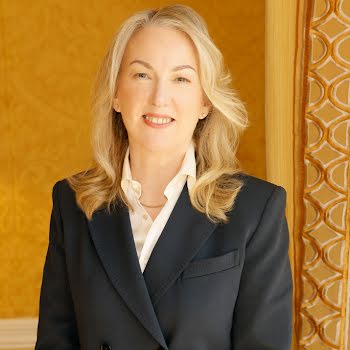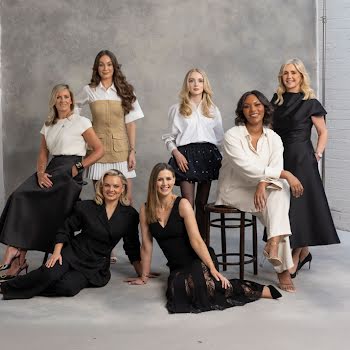
Career Break: Three women tell their (very different) stories about taking time from work
By Erin Lindsay
18th Jun 2022
18th Jun 2022
A career break is still seen as a taboo for working women. We talk to three women about their very different stories of career gaps.
Modern working woman know the challenges that come from investing time in their career. Between a job, personal relationships, personal care and raising a family, women often have to make sacrifices. Mam knew what she was talking about when she said “women can have it all – just not at the same time”.
Many women will take a break from work at some point in their lives – whether it be for maternity leave; due to health issues; because they need time to off; or for reasons beyond their control. In a time when companies are expected to pay more attention to employees’ mental health and self-care, it seems natural for companies to invest in these breaks, and to equip their female employees in making the transitions smoothly. But the path is often bumpy when it comes to a woman’s career. Factors including the gender pay-gap, childcare and personal pressure (both from employers and from ourselves) can make things tougher for women who want to get back to work. No two women are the same, but unfortunately, many of the challenges that they face are starkly similar.
We spoke to three working women who took career breaks in their lives, all for very different reasons. Their stories underline how resilient, creative and hard-working Irish women are – if you ever had any doubt in the first place.
Taking a career break
Jillian Godsil is a go-getter. You may recognise her name from the days of the recession – Jillian was outspoken about the difficult circumstances facing Irish families who found themselves in debt. She was part of one of those families. Jillian went through a divorce just before the property crash and when the value of her home plummeted, the bank repossessed it. She was left with her children, no home, and a debt to pay off.
When a gap in a career is unintentional, it can be difficult for women to find motivation. It was a big problem for Jillian, who knew that the work she was doing was being affected by the problems going on at home. “I was a zombie,” she remembered. “I was sitting at home, the house would be freezing, and I just couldn’t bring myself to do the work. But if someone wanted a quote or to talk about bankruptcy or the crash or the things I was passionate about, I’d be up and animated and raring to go.” She reflected, “when you’re worried about putting food on the table, that takes up so much of your brain. Severe financial worries can do terrible things to your mind and that was my hiatus”.
Shan Kelly is a writer. She had worked as a journalist in Dublin before moving to work in London, and being made redundant. She picked herself up quickly and nailed an interview for a new job in Liverpool. The day after she was offered the position she suffered a brain haemorrhage and was rushed to the hospital. Luckily, she regained 100% of her body and brain function and was able to return to work within a year, before taking another break a few years later to have her daughter.
Shan was in a position that no one ever expects, having suffered a brain injury. “That was a crisis event in my life,” she said. “A lot of people don’t think that it would ever happen to them, and they definitely don’t consider how they could get back to work if it happened”. Shan was extremely lucky, as she didn’t lose any speech or physical abilities, but getting back to work was still challenging. She freelanced and ended up going back to college and doing courses to upskill, as so many women do.
Catherine Griffin is an art lover. She cut her teeth in Trinity College and Edinburgh University, doing degrees in art history and always thought that this was the path her life would go down. She ended up with a job in Google after college, before moving on to Facebook and making a career in the tech world in Ireland. Despite having many people’s ‘dream job’, she found herself wondering how to get back to what she loved; art history. After having her two children in a short space of time, she took maternity leave and decided to get back to her roots.
Feeling the pressure
For all three women, there were aspects of their time off work that were challenging. But for Catherine getting back to work was easier than expected. “I didn’t experience any prejudice at all,” she said. When Catherine landed a job in the National Gallery during her masters, it was a family-oriented place, and she felt supported. But the pressure was coming from another direction. “I had a lot of fear associated with taking time off. I did feel a lot of self-directed pressure, but it wasn’t coming from employers.”
For Shan and Jillian, employers didn’t look kindly on the gaps they had had to take. “I hate the word privilege,” Jillian said. “But that’s where I was. I went to Trinity, I’ve worked all over the world, I had 30 years of experience. But I wasn’t getting anywhere with interviews.” Shan had similar issues. “When I had my daughter, it made more sense for me to work part-time, but employers tend to be dismissive of that effort. If you’re dealing with an illness and a child and being a single parent, it’s very difficult to work full time, but there’s also a stigma about being on benefits”.
Carving their own paths
The three women’s stories illustrate how difficult taking a career break can be, but they also show the innovative ways that women can bounce back from them. All three of these women developed new skills during their break from work and took their careers to new and exciting places, where they now find themselves more successful than ever.
Jillian began to educate herself on cryptocurrency and is a crypto advocate, journalist and speaker and is widely regarded as an expert in her field. Shan founded the Thyroid Support Ireland Patient Network, a support group for those with thyroid issues and offers support for getting back to work with an illness. Catherine got involved in a parental support charity, Cuidiú, trained in supporting other parents, utilising her skills in a new way.
In every way, the women made their time off count. “I wanted to make the whole experience worth something and not just be something sh*t that I went through”, Jillian said. “I’m so lucky that I found my passion and am able to be excited about work”. Catherine said she used the time to gain a confidence in her skills that she didn’t have before. “When I began working with parental support, I learned how valuable my soft skills are. They won’t go out of date, and knowing that gave me so much confidence”.
These women represent three stories of thousands in Ireland but one thing that binds them together is the help they received. All three women said this help was invaluable, and much of it was from other women. Catherine gave some advice to those women who are facing the prospect of heading back to work after a gap: “There are a lot of people, a lot of women, that are willing to help. I’ve picked back up relationships with people after 10 years – just because you haven’t talked to them in years doesn’t mean they’re not there for you. There’s a huge amount of goodwill out there. Use it when you can”.








